Are cosmetic ingredients difficult to absorb? This technology solves many pain points | Raw Material Maker
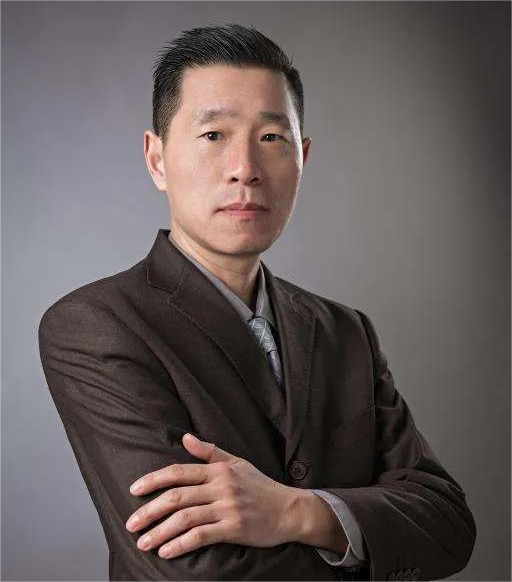
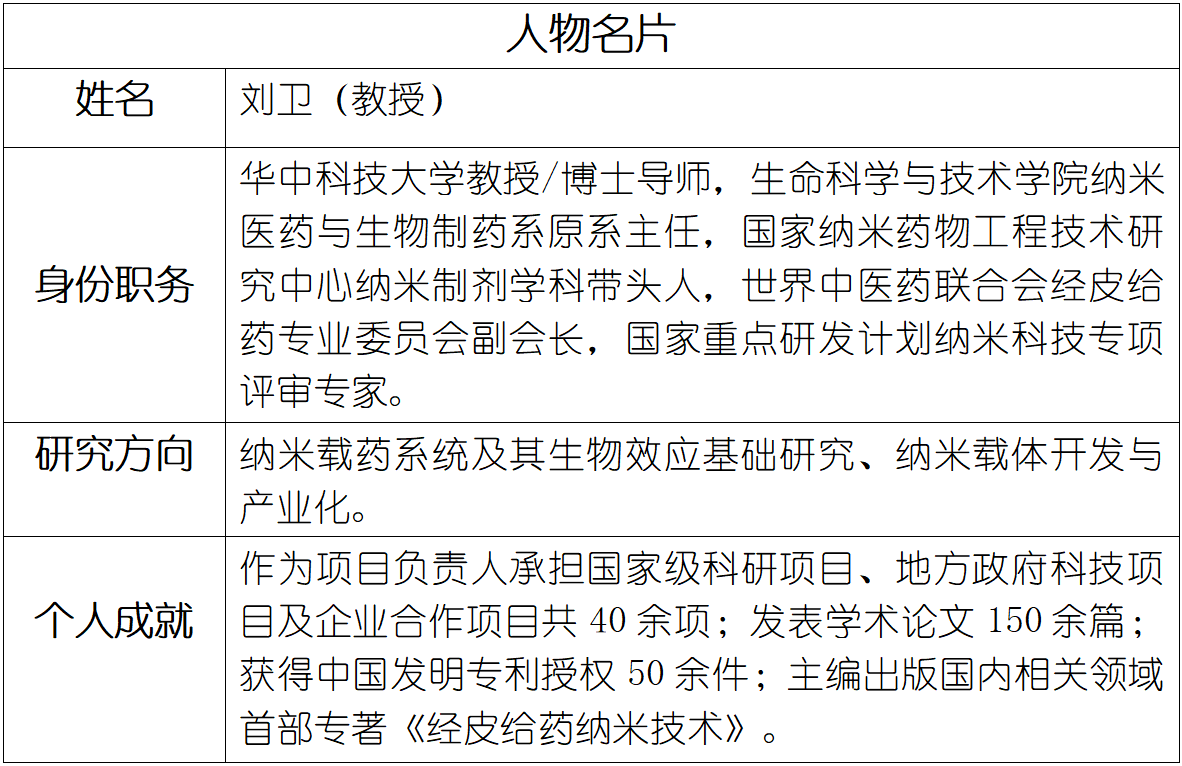
The first time I met Professor Liu Wei was at the National Nanodrug Engineering Technology Research Center. He was full of energy and looked about ten years younger than his actual age.
Due to his neat and efficient work style, Professor Liu Wei speaks very fast, and if his attention is not focused, it is difficult to keep up with his pace. This swift and decisive approach allows him to handle multiple responsibilities with ease.
In his work, Professor Liu Wei is not only a professor/doctoral supervisor at Huazhong University of Science and Technology, but also the leader of the Nanoformulation discipline at the National Nanodrug Engineering Technology Research Center. He has also served as the head of the Department of Nanomedicine and Biopharmaceuticals, and is also the leader of Wuhan Baisikairui Biotechnology Co., Ltd. (hereinafter referred to as Baisikairui), integrating multiple roles such as "production, learning, and research".
The main direction of his current focus is to improve the performance of cosmetic ingredients and promote their application through transdermal delivery nanocarrier technology. Of course, establishing such a positioning for oneself cannot be separated from its insight and reflection on industry pain points.
In the process of years of scientific research, he found that there are many problems with the application of functional ingredients in cosmetics, such as: most functional ingredients are difficult to penetrate the stratum corneum of the skin; The effective ingredients are difficult to store at the target site of skin action and enter the target cells; Multiple functional ingredients are needed to exert synergistic effects; Conventional cosmetics formulations lack sustained/controlled release function and have a short effective time of action; Many functional ingredients have poor solubility and light/heat stability; Or it may be irritating to the skin; wait.
Professor Liu Wei's team's years of research have proven that nanocarrier technology can effectively solve the above problems.
Professor Liu Wei firmly believes that as long as this technology is applied well, the basic research on transdermal delivery nanocarrier technology in China can truly improve the level of efficacy cosmetics technology in China.
So, what are the prerequisites for the widespread application of transdermal co delivery technology for cosmetic functional ingredients?
For many years, Professor Liu Wei has maintained the understanding that its more advantageous underlying logic lies in designing products through interdisciplinary collaboration.
He never doubted that only by combining dermatology, dermatopharmacology, dermatopharmacology (transdermal delivery technology), colloid and interfacial chemistry technology, as well as cosmetic formulation technology, could a new high-level industry be created.
In fact, in terms of educational experience and work experience, Professor Liu Wei himself is a cross disciplinary talent.
As early as 1984, he entered Beijing Institute of Chemical Technology to study Applied Chemistry with the highest score in the Hubei examination area. He completed his bachelor's and master's theses for seven years, and completed their joint training at the Institute of Chemistry, Chinese Academy of Sciences and Peking University. He conducted research on the synthesis and application of new surfactants; Later, he pursued a PhD in Biomedical Engineering at Huazhong University of Science and Technology, where he systematically studied basic courses in life sciences and pharmacy such as cell biology, molecular biology, immunology, pharmacology, and pharmacy. He established a comprehensive cognitive system for dermatology and pharmacology. In addition, he also pursued further studies as a visiting scholar at the NSF Nanoscience and Technology Research Center at Ohio State University in the United States.
After starting work, Professor Liu Wei quickly integrated into different scientific research projects and gained many valuable practical experiences.
Firstly, I joined the Hubei Provincial Institute of Chemistry. During this period, he was mainly engaged in the research and development of colloidal chemistry and polymer hydrogels, and colloidal chemistry and polymer materials are the technical basis and material basis for constructing nano carriers.
Later, with the active recommendation of his doctoral supervisor Professor Xu Huibi and former executive dean of the School of Life Sciences and Technology Professor Yang Xiangliang, he joined Huazhong University of Science and Technology.
It is reported that since the mid-1990s, Professor Xu Huibi and Professor Yang Xiangliang have led a team to conduct systematic research on transdermal drug delivery nanocarrier technology. After Professor Liu Wei participated and grew into the team leader, he has led the R&D team to continuously deepen their research in the field of transdermal delivery nanocarrier technology for more than 20 years, and his research and development work has been highly recognized by domestic and foreign peers.
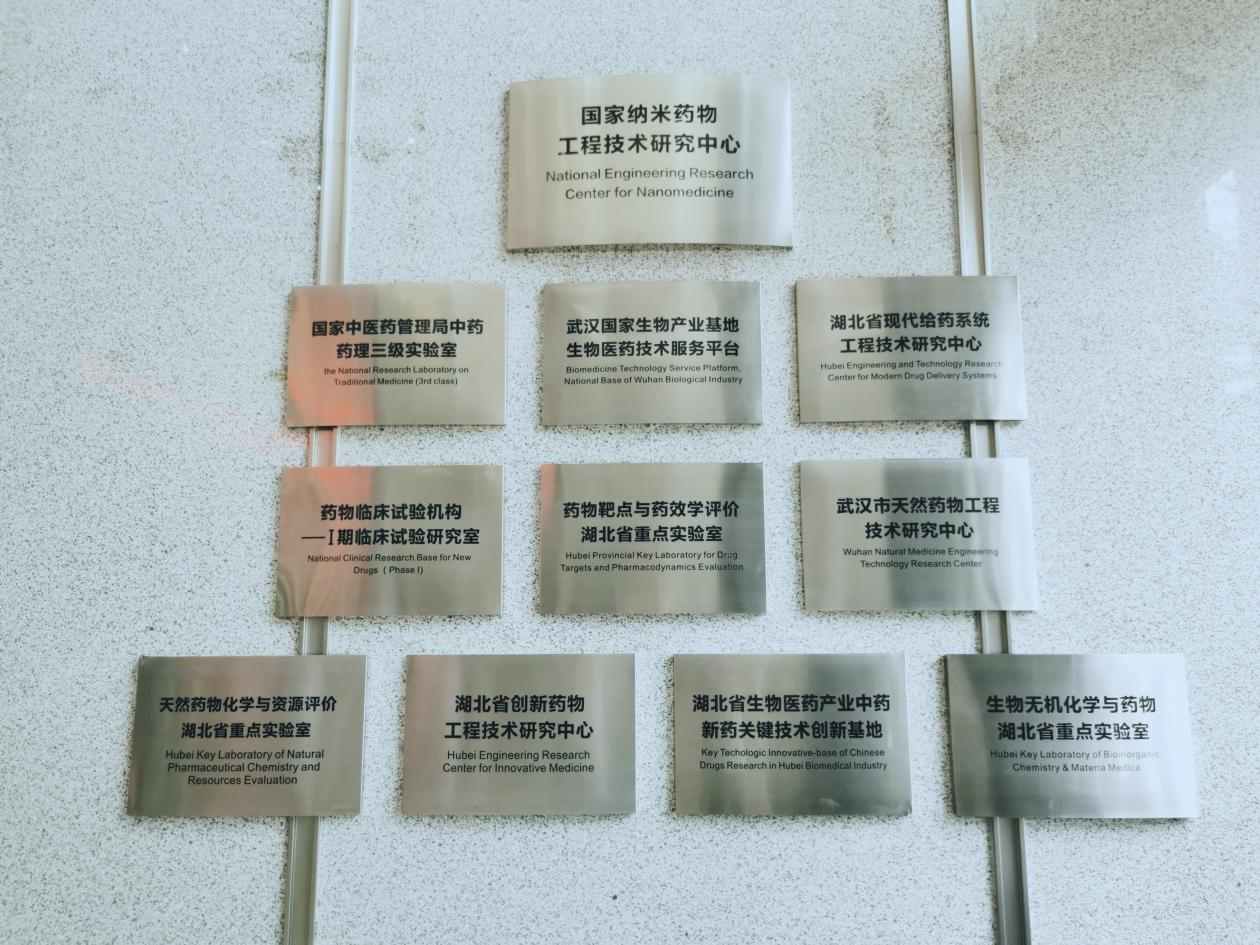
Not only that, with a profound accumulation of scientific research and development work, he has also become the PI of the National Nanodrug Engineering Center and the leader of the Nanoformulation discipline.
It is reported that the National Nanomedicine Engineering Technology Research Center was established in February 2009 with the approval of the Ministry of Science and Technology of China. The center is based on Huazhong University of Science and Technology and is a multidisciplinary platform for the research, development, and industrialization of nanomedicine, including nanomedicine formulations, nanobiomaterials, nanodiagnostic and detection technology, and nanobiosensing technology.
As of now, the National Nanodrug Engineering Technology Research Center has gathered 40-50 professors and over 200 graduate students, and has incubated more than ten high-tech companies.
Action is the beginning of knowledge, and knowledge is the result of action. "With years of research and development experience, Professor Liu Wei has accumulated in-depth and systematic knowledge on the formulation, process flow, production equipment, and skin action mechanism of transdermal delivery nanocarrier technology. The establishment of this interdisciplinary advantage has laid the foundation for promoting the industrialization of this technology in the field of functional cosmetics in the future.
From the current research and development status of the functional cosmetics industry, the requirements for transdermal absorption of functional ingredients are becoming increasingly high, and transdermal delivery nanocarrier technology has become an important tool to meet these requirements.
Professor Liu Wei also has a deep understanding of this. He pointed out that nanocarrier technology has effectively improved the efficacy of cosmetic products, and its technological advantages have gradually been recognized by well-known cosmetic companies at home and abroad, and applied to high-end efficacy cosmetic products. Such products have also won the favor of many consumers.
But little known is that the core of nanocarrier technology, the concept of "skin targeting," has been proposed for nearly 20 years.
As early as 2004, Professor Liu Wei's transdermal drug delivery research and development team from the School of Life Sciences and Technology at Huazhong University of Science and Technology applied for a Chinese invention patent on "nanocarrier skin targeting technology", and first proposed the concept of nanocarrier "skin targeting" in the authoritative academic journal "Journal of Controlled Release" in the international pharmaceutical field.
At first, this concept was mainly applied in the field of transdermal drug delivery technology, pursuing "targeted delivery, sustained release and controlled release" in drug delivery technology. The R&D team of the School of Life Science and Technology at Huazhong University of Science and Technology has successively researched and developed a series of transdermal/transdermal drug delivery formulations, including triptolide, podophyllotoxin, triamcinolone acetonide acetate, ibuprofen, methimazole, and macromolecular drug insulin, focusing on "targeted delivery, sustained release and controlled release".
Among them, Nano Drug Delivery SystemNDDS (short for NDDS) played a crucial role.
The so-called nano drug delivery system, also known as nano carrier, refers to the delivery of drugs in a nano scale drug carrier for in vivo delivery, increasing the ability of drugs to penetrate biological membranes, regulating the release rate of drugs, changing the in vivo distribution of drugs, and improving drug bioavailability, thereby achieving precise drug treatment.
Professor Liu Wei made a vivid analogy for the transdermal delivery technology of nanocarriers: "It's like a football game, no matter how well the ball is passed in the front, it's useless if you can't score the goal. The active ingredients are like a football, and the carrier technology is like a kick towards the goal. Whether it's chemical or biological active ingredients, carrier technology is needed to deliver them to the target tissue, target cells, or even target organelles in order to effectively exert their effects
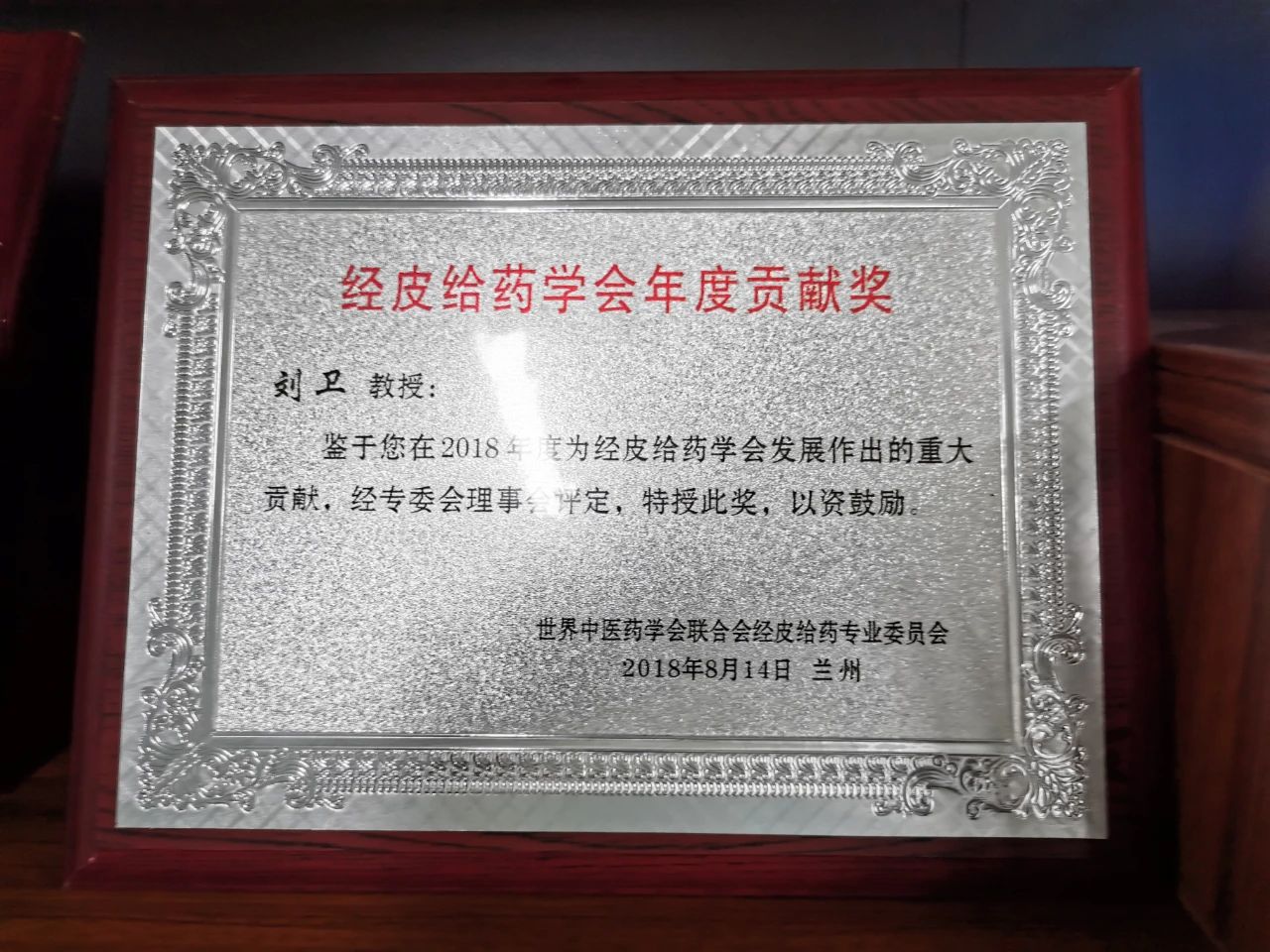
Around the nano carrier technology, many professors' teams in the National Nanodrug Engineering Technology Research Center are conducting research and development at the application level, such as the diagnosis and treatment of major diseases such as cancer, cardiovascular disease, diabetes, the improvement of the efficacy of oral health food, and the regulation of intestinal microbiota.
Although there are some differences between early applications and cosmetics, from the underlying logic, nanocarrier transdermal delivery technology is also suitable for transdermal delivery of skincare efficacy ingredients. The transdermal co delivery technology of cosmetic functional ingredients proposed by Professor Liu Wei and his team later is an extension of its concept in application.
Of course, it now appears that Professor Liu Wei's association with the cosmetics industry was somewhat accidental.
In 2014, with the support of the National Nanodrug Engineering Technology Research Center at Huazhong University of Science and Technology, Baisikairui was officially established. Initially, the company focused on the application of nanocarriers in the field of new skin drug formulations. The 2015 transdermal drug delivery conference became an important turning point.
At that time, with the upgrading of consumption, efficacy skincare products had already gained momentum, and international brands such as L'Oreal and Shiseido had already entered this track. The acceptance of such cosmetics in China was also gradually increasing. During Professor Liu Wei's participation in the 2015 transdermal drug delivery conference, a cosmetic expert from overseas gave a suggestion in person: Your team has done a very in-depth and systematic job in nano carrier skin drug delivery technology. Why not consider expanding the application scope to functional skincare products?
The speaker has no intention, the listener has intention. In those two years, the national skin medication market had only a volume of over 10 billion yuan. Later, with the stagnation of drug approval, the new drug research and development business encountered obstacles, and Baisi Kairui undoubtedly encountered development bottlenecks. This made Professor Liu Wei start thinking about the possibility of expanding into the field of functional skincare products.
However, cognitive differences led to difficulties in the initial entry of Baisikairui into the cosmetics industry.
Professor Liu Wei recalled that in the following years since 2015, he frequently attended cosmetics industry conferences, visited cosmetics brands and production companies, but faced many misunderstandings. Regarding its proposed theory of transdermal drug delivery using nanocarriers, many people have pointed out that conducting cell experiments and skin penetration experiments on cosmetics is meaningless, while others have directly stated that cosmetics are different from drugs and do not need to penetrate into the skin.
Faced with these doubts, Professor Liu Wei couldn't help but laugh or cry. In his opinion, effective ingredients such as whitening, anti-aging, acne removal, anti allergy, and hair loss prevention can only effectively exert their skincare effects when they reach specific target areas or even target cells of the skin.
Many good cosmetic ingredients are insoluble, unstable, and irritating, which can be effectively solved by encapsulating them with nanocarriers. Professor Liu Wei predicted at the time that with the increasing popularity of functional cosmetics, the successful application of transdermal co delivery nanocarrier technology for cosmetic ingredients could bring disruption to the entire functional cosmetics industry.
In order to promote the application of this technology, Baisi Kairui adopts the approach of "R&D drives sales".For example, if a customer wants to develop a whitening and anti-aging product, we will first help them clarify the underlying logic of the product technology, identify the target and functional pathways, determine which whitening and anti-aging ingredient combinations have the best efficacy through experiments, and then make them into groups and packages. This is the basic idea of our nanocarrier development
Guided by the above ideas, Baisikairui has established a complete nanocarrier R&D and production industry chain, covering product research and development, stability evaluation, efficacy evaluation, formula application, pilot scale amplification, and large-scale production. It has also developed and produced nine series of nanocarrier products, including whitening and spot removal, anti-aging and wrinkle removal, acne and oil control, moisturizing and repairing, soothing and anti allergic, anti hair loss, composite sunscreen, skin sensation regulation, and nano essential oils. On a technical level, Professor Liu Wei and his research and development team have published over 80 academic papers and applied for more than 60 Chinese invention patents in the fields of transdermal drug delivery and cosmetics using nanocarriers.
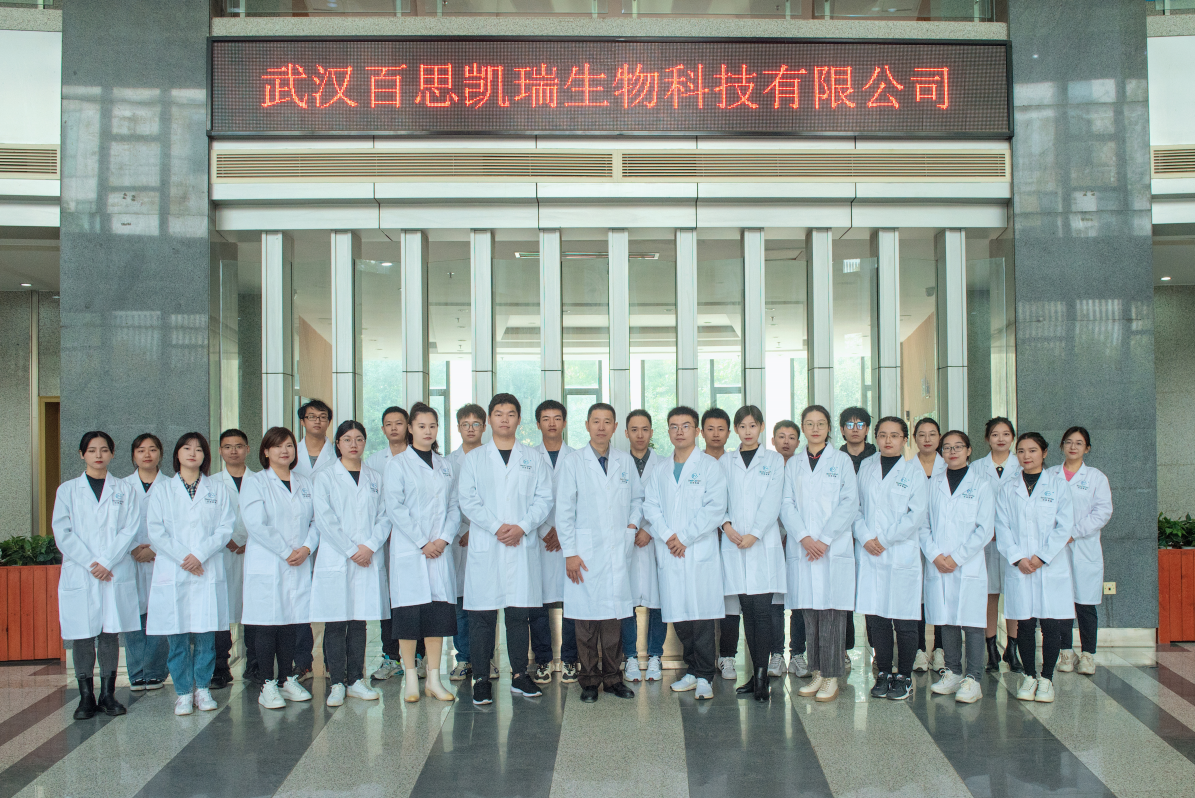
In fact, since "opening the window of efficacy skincare products", the speed of new product launches by Baisikairui has not been fast, with only 40-50 products launched in the past 10 years. It takes at least 3 to 6 months to develop a nanocarrier product, and for more difficult ones, it can take 8 to 10 months.
Our principle is to make products based on science, not just for application, "Professor Liu Wei emphasized. Based on the professional background and scientific research accumulation of Huazhong University of Science and Technology and the National Nanodrug Engineering Technology Research Center, Baisikairui is able to achieve suitable carrier structure, drug loading capacity, and particle size of nanocarriers according to efficacy requirements, thereby effectively exerting targeted skincare effects. In contrast, some products on the market currently claim to use nanocarrier technology, but have not fully understood the underlying logic of constructing nanocarriers for cosmetic functional ingredients.
It is precisely this technological barrier that has attracted the attention of many domestic and foreign leading and emerging cosmetics brands and production enterprises in the application of transdermal co delivery of cosmetic efficacy ingredients by Baisikairui. They have established cooperation with Baisikairui in nano carrier research and product customization.
Nowadays, efficacy skincare products are entering a new era of "precision skincare", and targeted delivery of efficacy ingredients to the skin is facing higher requirements and thresholds. In this context, the transdermal co delivery technology of cosmetic functional ingredients will obviously have more applications.
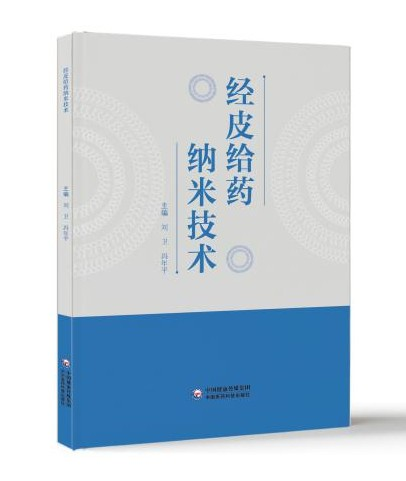
In the book "Nanotechnology for Transdermal Drug Delivery" edited by Professor Liu Wei, it is pointed out that "applying nanocarrier technology to the cosmetics industry, developing new types of functional cosmetics, and conducting secondary development on existing functional cosmetics will greatly enhance the technological level and competitiveness of China's cosmetics industry
For Baisikairui, which is at the forefront of transdermal drug delivery nanocarrier technology, it is both a challenge and an opportunity.

